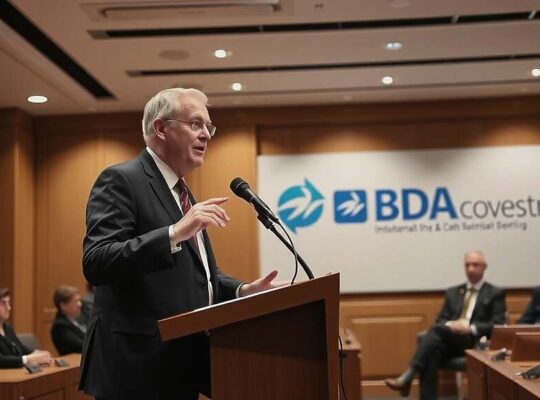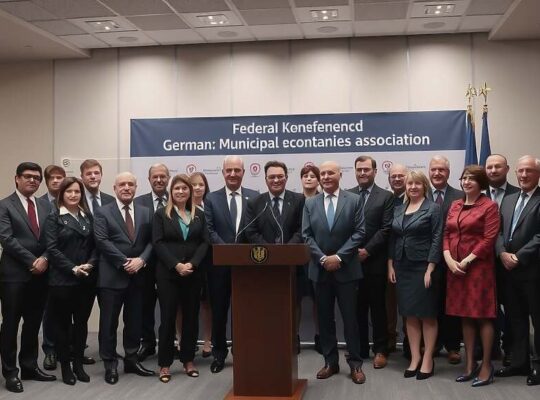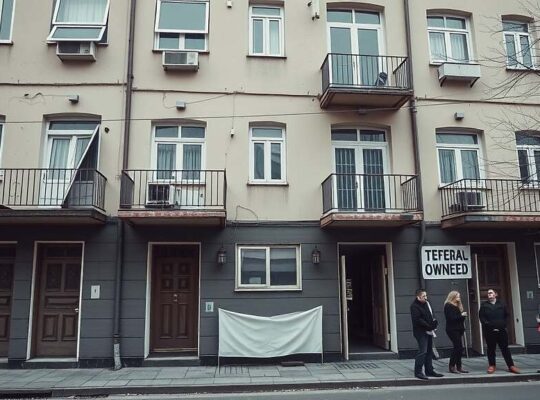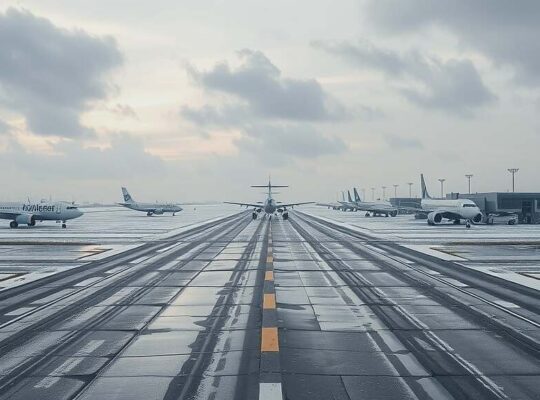The Independent Flight Attendants Organisation (UFO) is escalating its campaign against the practice of utilizing commercial airlines for deportation flights, arguing the current system places undue burdens on flight crews and raises serious ethical concerns. In a strongly worded position paper released Friday, the union demanded a shift towards exclusively state-run deportation transports, staffed by government personnel and utilizing dedicated aircraft.
The UFO’s critique centers on the significant safety, psychological and ethical strain experienced by flight attendants involved in these operations. Union leader Joachim Vázquez Bürger stated unequivocally that “flight attendants are not law enforcement officers” emphasizing that the responsibility for deportations lies squarely with the state. He further insisted that governments must employ trained personnel and avoid outsourcing this function to civilian airlines.
Government figures reveal a significant reliance on commercial carriers for deportations, with over 10,000 individuals transported by air in the first half of 2025 alone, the majority using civilian aircraft. This statistic underscores the scale of the issue and the potential for escalating conflict between airlines and advocacy groups.
Beyond the immediate burdens on flight crews – which reportedly include increased passenger distress and heightened security risks – the UFO’s demands highlight a nascent debate about the increasing outsourcing of governmental functions. Critics argue that reliance on private airlines for deportation procedures blurs the lines of accountability and potentially exposes airlines to legal and reputational damage.
The union is now pushing for legislative change, specifically advocating for a legal obligation for airlines participating in deportations to publicly disclose their involvement. This transparency requirement seeks to increase scrutiny and potentially deter airlines from participating in such operations. The issue is expected to fuel further political debate in Germany, with immigration policy and the role of private entities in state functions taking center stage.












